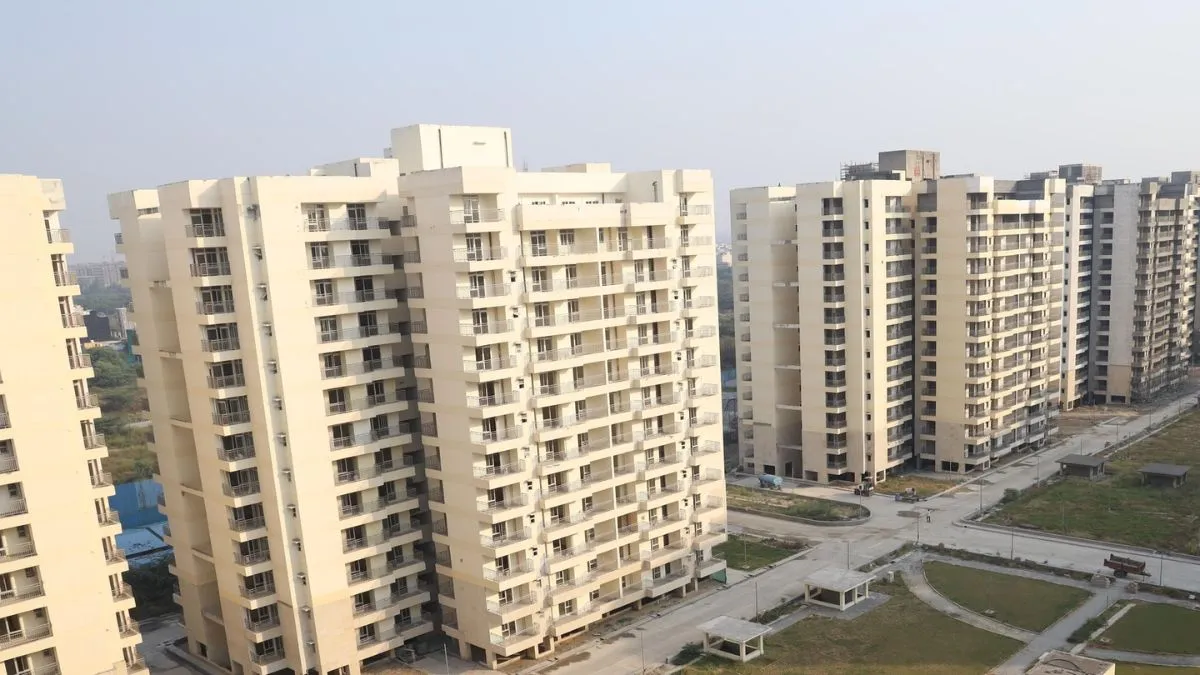
India In all small and big cities, people are earning good money by renting their property. Not only ordinary people but also big personalities are making big money by renting their property. Not only this, many people in the country are doing only rent business. But it is very important to know about some very important laws before renting their property to the landlords. Today we will learn about the Border Act 1963 here, under which a tenant can occupy the property of the landlord.
What is adverse possession of property
Under the Border Act 1963, if the owner of the property fails to claim his ownership for 12 years and if the tenant occupies the property for those 12 years, the tenant may potentially claim ownership of the property. This is called adverse possession of property. Overseas occupation claims ownership by tenants through adverse occupation when the lease or lease is over or when the landlord violates the provisions in the rental agreement regarding the payment of fare.
What is adverse possession law in India?
If a property owner does not take action to evict the tenant within a 12 -year time limit, they risk losing their ownership rights. It is necessary that the occupation is constant and the required duration may vary depending on the type of ownership.
Government property can also be occupied
In India, a tenant can get ownership of an property after being continuously for 12 years. As per the 1963 border act, the deadline for claiming ownership of private property is 12 years, while it is up to 30 years for public or government property.
Latest business news